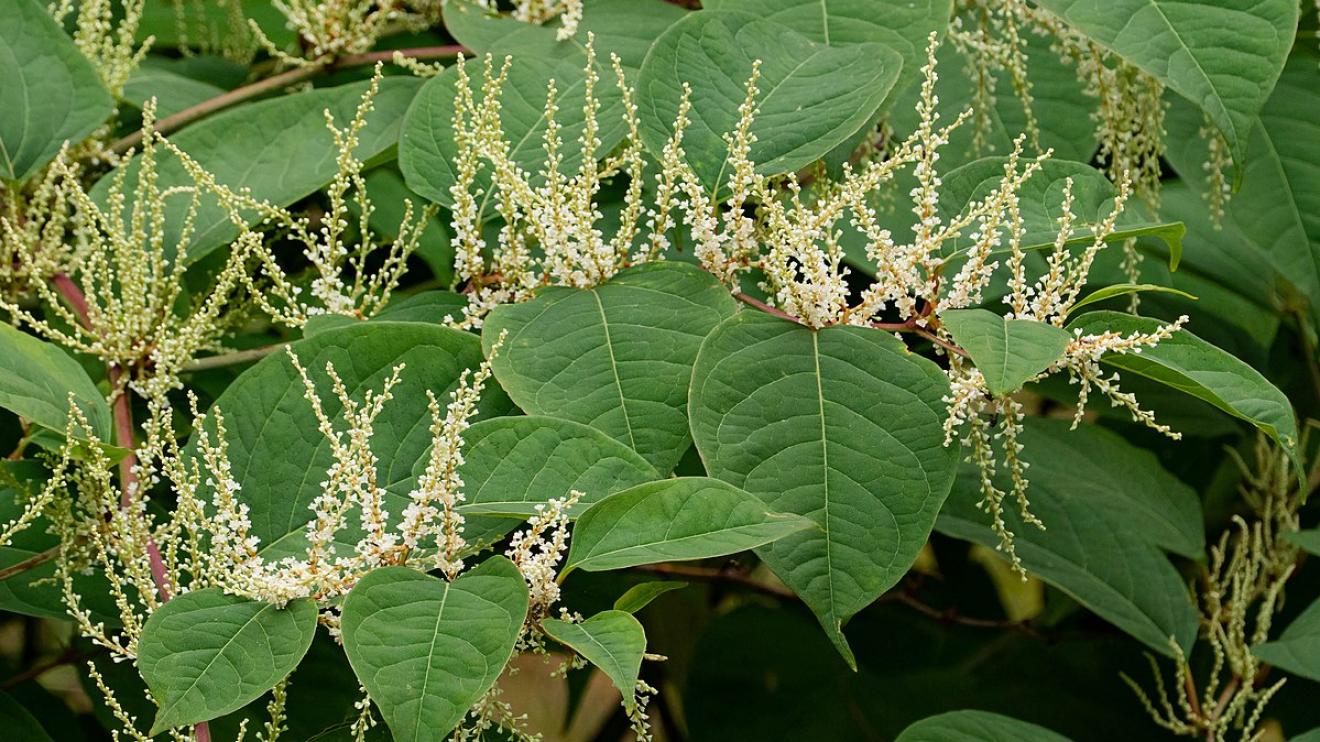
Two projects aimed at protecting the native plants and animals around Leicestershire by monitoring, gathering data and managing invasive species have received a total of almost £27,000 from Defra and Natural England.
The funding will be used by Leicestershire County Council, working on behalf of the Leicestershire & Rutland Invasive and Non-Native Species Initiative (LINNSI), to work with volunteers, parish councils, community groups and landowners from communities across the county.
The projects will be focused around the River Soar in Melton, Harborough and Rutland, and the River Wreake in Melton, to collect important data on the spread of invasive species which pose a threat to local wildlife and habitats – including the extent and distribution of problematic species across these hot-spot area.
The information gathered will then be used to create plans for the control of these invasive species and to prevent them spreading further.
Invasive species are plants, animals and insects which have been introduced to Britain and which spread rapidly, taking over habitats and stopping native species from flourishing.
The first successful funding bid has resulted in the council being awarded £17,881 from the Department for Environment, Food and Rural Affairs (Defra) for the Invasive to Natives project, which will focus on the surveying and management of Japanese knotweed and Himalayan balsam on a 10km stretch of the River Wreake near to Brooksby Agricultural College in Melton.
The second bid netted £8,888 from Natural England for the INNS Keepers project, which will carry out research and data collection on the spread of Himalayan balsam, floating pennywort and American mink around the River Soar in Melton, Market Harborough and Rutland. This was matched by almost £2,600 of cash and in-kind funding from Leicestershire County Council.
Both projects will recruit and train volunteers from local communities to become the eyes and ears of the projects. They will be responsible for spotting and recording, collecting data and forming working groups to help to control and manage the issues and prevent further spread, as well as helping to educate their communities and the wider public on the problems posed by invasive species.
Invasive species are a real problem for our native plants, animals and insects, preventing them from thriving and in some cases, wiping them out altogether.
Our communities have a big role to play in tackling these threats, and I would encourage people to volunteer to be part of these two projects.
The funding that we have received from Defra and Natural England is very welcome, as it will allow us to work together with our communities to make sure that our own native species are able to survive and thrive.
Person:Councillor Blake Pain, cabinet member for the environment and the green agenda
Anyone who is interested in volunteering to be part of the Invasive to Natives or the INNS Keepers projects is asked to email EnvironmentTeam@leics.gov.uk to find out more.